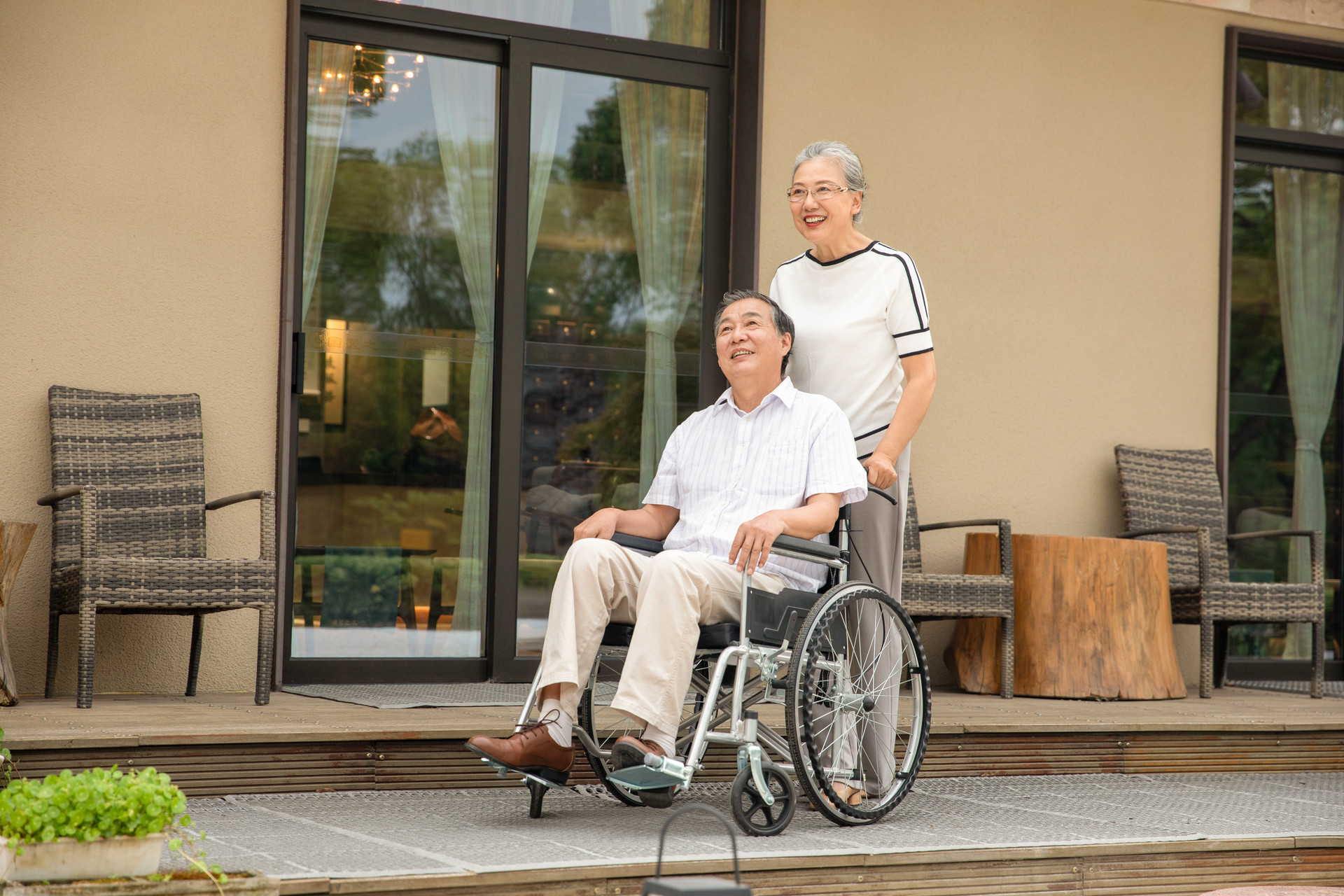
Spring is in the air, and in the park, under the pavilion or big trees, there are often groups of elderly people gathering together to learn and sing opera. They sing with enthusiasm and joy. In old age, especially after retirement, when there is nothing else to do at home, singing a few songs every day not only enriches their later life, but also promotes happiness, fitness, and health. Specifically, learning and singing opera has the following benefits for the health and longevity of the elderly:
Mental Exercise and Longevity Learning and singing opera requires memorizing the lines and scores. If one cannot remember the lyrics and music, they cannot sing well. As the elderly age, their memory declines, making it easier to forget the lyrics and music. This requires repeated memorization, which is like doing "brain exercises" for the mind. As the saying goes, "the more you use your brain, the sharper it becomes." Regularly learning and singing opera and memorizing lyrics and music exercises the memory, effectively relieving the decline of memory and intelligence in the elderly.
Improving Lung Capacity Opera singing generally involves high-pitched and passionate vocalizations. Singing requires the exertion of the throat and chest breathing muscles. Singing opera exercises the respiratory muscles and diaphragm, gradually increasing lung capacity. With larger lung capacity, more fresh air is inhaled, promoting metabolism and preventing various respiratory diseases, such as chronic bronchitis, emphysema, and pulmonary heart disease.
Cultivating One's Sentiments The lyrics of opera are concise and rhymed, with varying tones and rhythms. Singers immerse themselves in the performance, while listeners find it soothing and pleasant. Singing opera helps eliminate distractions, release stress, and create an immersive experience. It improves one's temperament, demeanor, and overall demeanor.
Enhancing Happiness Singing opera helps facilitate emotional expression, allowing people to forget all their troubles. Research has shown that negative emotions such as sadness and anger produce harmful substances in the body, while singing opera helps to eliminate these substances. Singing opera out loud has a supportive therapeutic effect on conditions such as obsessive-compulsive disorder and depression, making it a unique form of psychological therapy. During the process of learning opera, the elderly communicate with each other, connect with one another, and make new friends. Particularly when participating in choral singing, it also improves collective coordination and enhances social skills. In addition to enjoying a happy mood, singing opera reduces feelings of loneliness and enriches one's spiritual life. Therefore, regularly singing opera helps maintain a joyful and optimistic mindset, serving as a great way to keep oneself healthy.
Beauty and Skincare Learning and singing opera requires the expression of emotions based on the characters' images in the opera. This includes the "distinctive voice and correct intonation" as mentioned in opera terminology. This engages the facial expression muscles, allowing for a variety of facial expressions. Over time, this promotes blood circulation and metabolism in the facial muscles, maintaining a rosy complexion and smooth skin, making a person appear younger and more beautiful.
Promoting Clear Articulation Singing opera requires accurate pronunciation and clear enunciation, allowing the audience to understand the lyrics. Pronunciation is achieved through the coordinated movements of the lips, teeth, and tongue, "drawing" each word. The movement of the lips, teeth, and tongue can also stimulate the movement of the eyes and ears. Therefore, individuals who frequently sing opera, such as elderly opera artists, maintain clear speech and keen senses even in old age.
Aiding in Weight Loss Singing opera is a full-body exercise that promotes metabolism and exercises the entire body, especially the abdominal muscles (as opera singing relies on abdominal breathing). This has a certain effect on weight loss. Studies have shown that a person weighing 60 kilograms can burn 2.0 kilocalories per minute while singing opera. Singing for 2 hours can burn 240 kilocalories (depending on the depth of breathing), resulting in significant fat reduction.
Prolonging Life The good mood brought by singing opera is a natural "medicine" for maintaining physical and mental health. When people are happy, the body secretes a large amount of beneficial hormones, enzymes, and acetylcholine, adjusting the functions of various organs and tissues in the body to their optimal state. This can strengthen the body, promote health, and prolong life. By treating singing opera as the most enjoyable and pleasing activity in life, the elderly can experience joy, rejuvenation, and naturally combat aging and decline.










